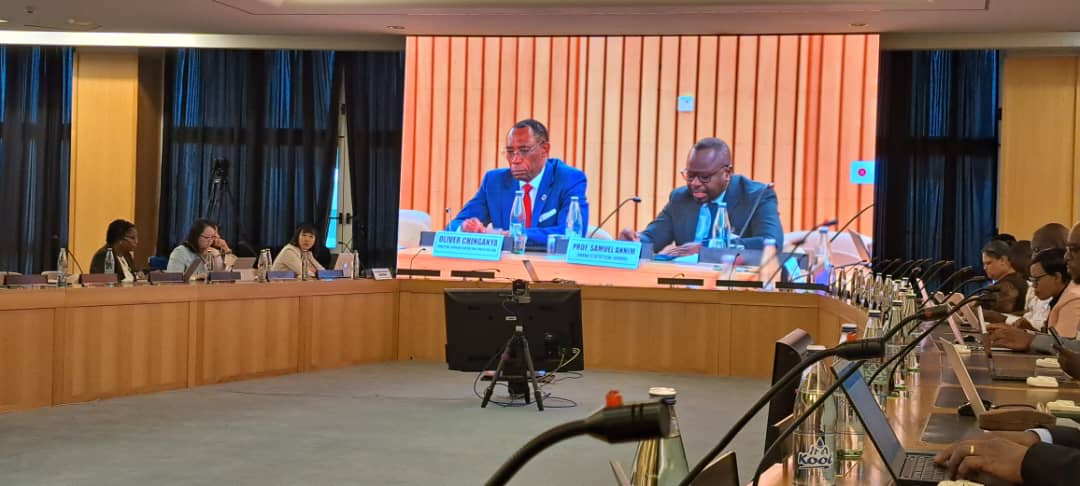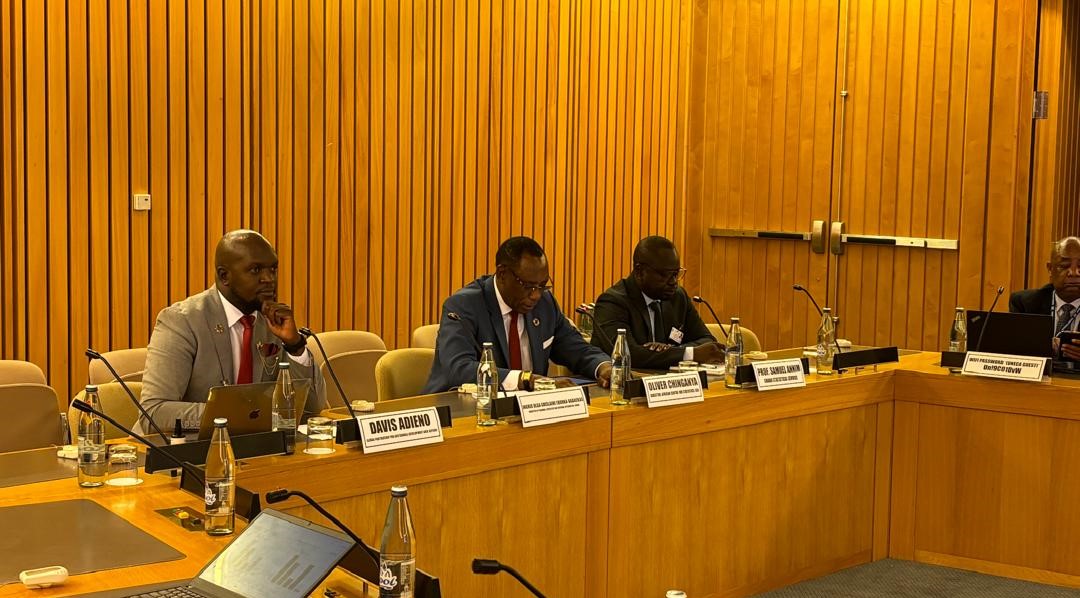Power of Data: Unlocking the Data Dividend for the SDGs and Agenda 2063 the Africa Regional Conference on Sustainable Development AFRSD10
Date: 24 April 2024
Venue: UNECA, Addis Ababa, Ethiopia
The Economic Commission for Africa (ECA) in collaboration with the core partners of the Power of Data coalition—UNDP, UNFPA, UNICEF, UN DESA, and the World Bank convened a side event at the Africa Regional Conference on Sustainable Development AFRSD10 in support of these objectives, working with the Global Partnership for Sustainable Development Data. The session focused on socializing the power of data initiative, identifying the data gaps and devising mechanisms for mobilizing resources to support national partnerships at the AFRSD10.
The session emphasized that data is the fuel that powers progress across all the Sustainable Development Goals (SDGs). Where, stronger data systems will revolutionize decision-making, accelerate countries’ digital transformation agendas, and open economic opportunities for a more equal and sustainable world. The opportunities of better data are clear, and will only grow as AI applications, which are built on data, grow in size and scale. However, the political leadership and resources to capitalize on this opportunity are all too often lacking. Countries and their development partners need to act now if they are not to be left behind.
At the SDG Action Weekend in September 2023, a new coalition came together to launch the High Impact Initiative ‘Power of Data: Unlocking the Data Dividend for the SDGs’. Sixteen countries, including nine in Africa, are leading the way and developing new National Data Partnerships, creating new opportunities through stronger data systems.
The UN Deputy Secretary-General wrote to the Executive Secretaries of the Regional Economic Commissions in March, calling on them to play three key roles in the Power of Data coalitions:
- Socialize the PoD initiative to increase the number of participating countries
- Identify priority data gaps that each region or country could commit to address within two years
- Discuss opportunities for mobilizing additional resources to support national partnerships.
The following examples across Africa indicate how better data leads to better outcomes for people:
- Investment in data on household access to energy helped companies to demonstrate their viability to investors, underpinning major private sector investment and rapid growth in off-grid solar, for better energy access and affordability, and the creation of new jobs. With better data, Kenya-based Sun King raised $260m in 2022, helping it to become the world’s leading off-grid solar energy company.
- In Somalia, timely data warning of predicted food crises from the impact of locust infestation, floods and the COVID pandemic triggered the anticipatory action framework, getting assistance to people in time to prevent an estimated 500,000 people from needing emergency aid, and saving enough food to feed 130,000 people for a year.
- Mauritius has made huge leaps in digital connectivity since the 1990s. However, the absence of policies or systems to open up government data were a barrier to market opportunities for entrepreneurs. Its 2017 National Open Data Policy opened all government data “by default”, and empowered firms to launch data-driven initiatives such as new mobile apps and innovative products. Mauritius is now thriving as one of the richest technology ecosystems in Africa, with the ICT sector representing 7.4% of its GDP in 2021 and employing 30,000 people.
- When trying to close the stubborn and increasing gap between girls’ and boy’s school enrollment, the government of Sierra Leone faced a lack of gender disaggregated education data, making it difficult to identify solutions. In response, the Ministry of Education included questions on disability and gender in its annual education census, generating disaggregated data at the district level. Consequently, the Ministry was able to clearly see how female enrollment rates differed across each of the country’s sixteen districts. This enabled the government to target those most in need—for example, by building a girls’ school and Center of Learning and Teaching Excellence in Port Loko, the country’s second most populous district, which had one of the highest teen pregnancy rates and lacked a girls’ school.

